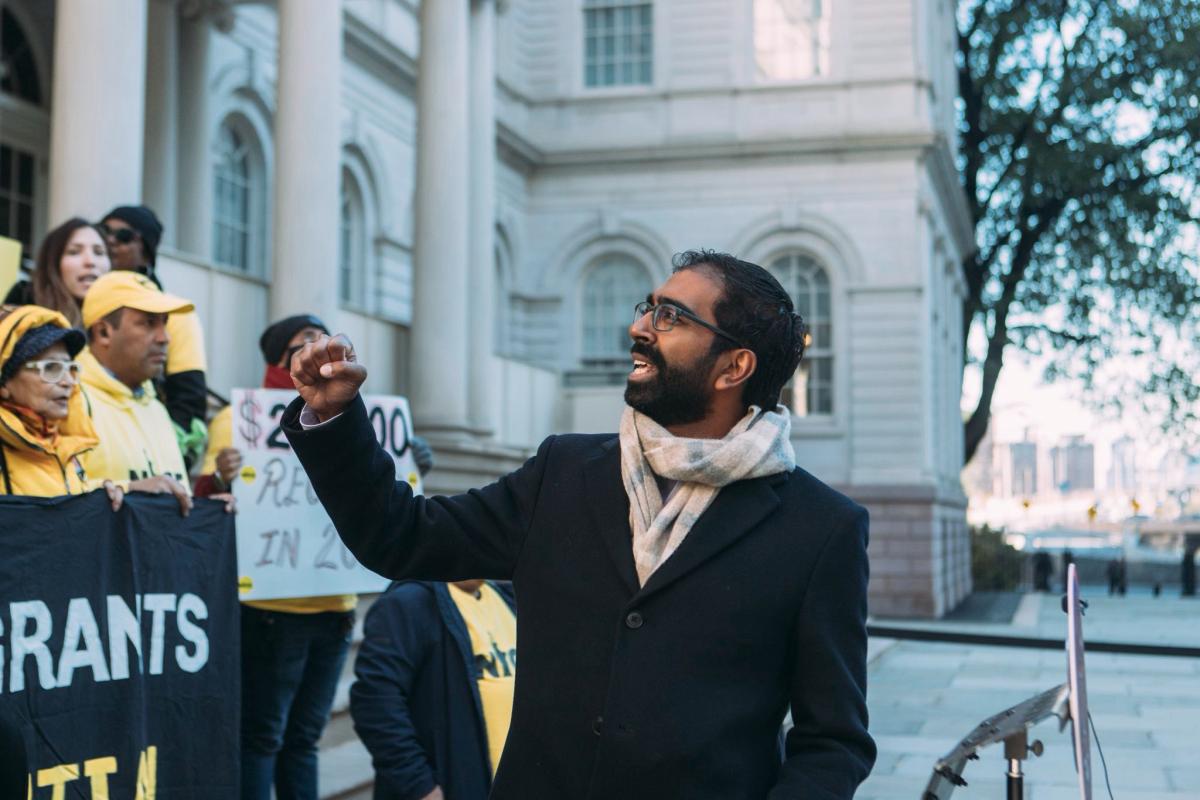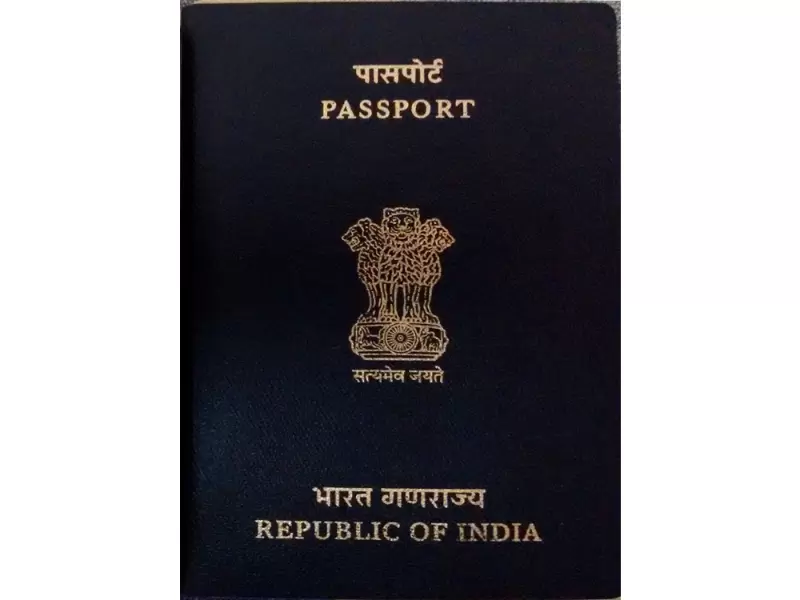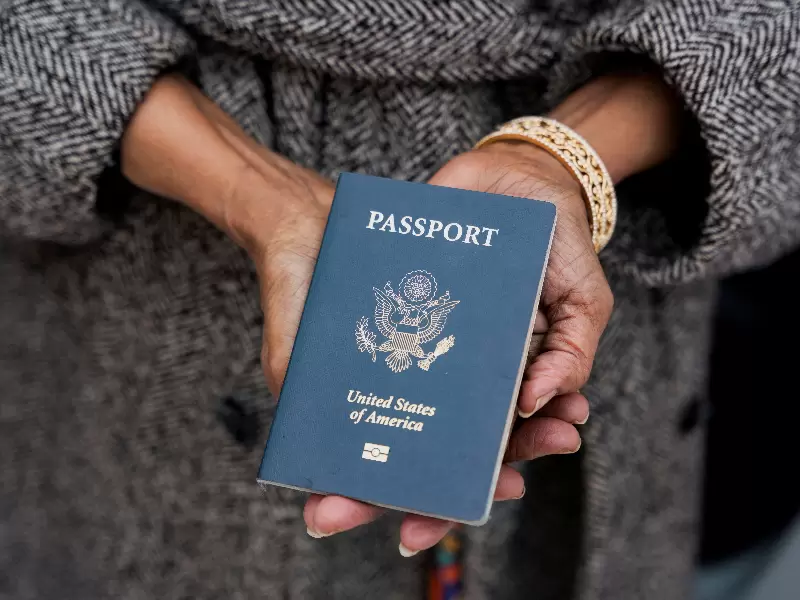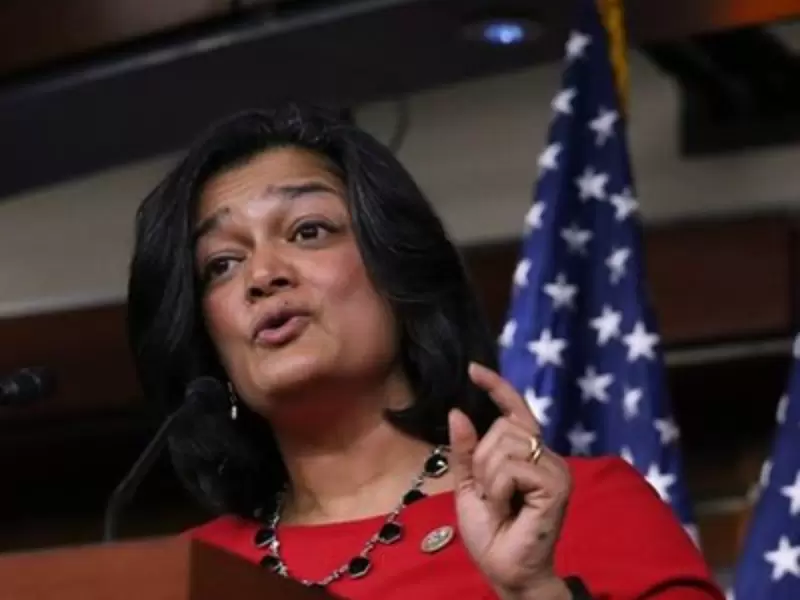ADVERTISEMENT
POP
See MoreCommunity
See MoreChicago to host first International Achievers Awards
The Chicago edition marks the U.S. debut of an awards platform that originated in the United Arab Emirates and has previously hosted editions in Dubai.
-
The honorees of The South Asian Times - Person of the Year from previous years spoke and congratulated Dr. Jatin...
-
The remark drew an online response from an entrepreneur who warned of possible political consequences in Texas.
-
The webinar was held virtually and brought together diaspora business leaders from all across the world to reflect on the...
ADVERTISEMENT
Videos
View AllOpinion
See MorePeople
See MoreSanjay Tailor is first Indian American on Illinois Supreme Court
He has previously presided in multiple divisions, including Municipal, Domestic Relations, Law, Chancery, and County.
-
He will teach a four-credit course during MIT’s January term to undergraduate and graduate students.
-
Popularly known as the “Queen of Lending,” she will discuss resilience, financial literacy and building long-term independence.
-
The honorees of The South Asian Times - Person of the Year from previous years spoke and congratulated Dr. Jatin...
ADVERTISEMENT
Entertainment
See More
For the uninitiated, Alia Bhatt made her Bollywood debut in 2012 with Karan Johar’s 'Student of the Year,' directed by Karan Johar.
-
After stepping away, Lisa said she “chose the long road.”
-
For the unaware, Prithviraj plays a character called Aamir Ali in the film.
-
Bachchan wrote that there is often a lingering sense of...
-
The film is inspired by real events and its visual...
-
ADVERTISEMENT
Immigration
See More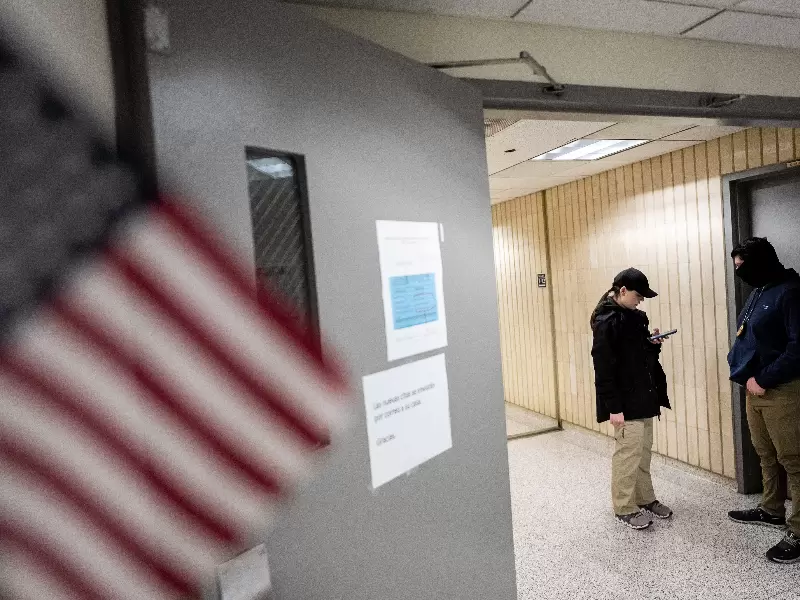
Under federal immigration law, "applicants for admission" to the United States are subject to mandatory detention while their cases proceed in immigration courts.
-
Singh holds a California Driving licence and is allegedly in the U.S. illegally
-
Jayapal referred to the decision as ‘cruel’ and must be ‘immediately reversed.’
-
Indian travellers enjoy visa-free access across parts of Southeast Asia,...
-
"We're also going to revoke the citizenship of any naturalized...
Food
See More-
The restaurant aims to bring Italian-American classics to the Metroplex
-
The preservatives included nitrites and nitrates, which are often used to cure ham, bacon and sausages.
-
An Indian origin woman living in Canada shared her experience at the celebrity chef's New York restaurant, Bunglow.
-
Kapur attributed unhealthy outcomes largely to lifestyle choices.
-
India exported about 800 metric tons of foxnuts in 2024–25...
-
Instagram content creator Anushk Sharma shared a heartfelt review of...
-
The new Newark Avenue outlet expands South Indian dining options...
-
Chef came to Dallas on a very short visit over...
SPORTS NEWS
See MoreRCB had recovered from a shaky start after losing four...
USA has been sorted in Group B alongside India U-19,...
As per the report, all four players whose visas have...
Rahul achieved the unique feat by sending Kyle Jamieson’s full...
News
See More-
ADVERTISEMENT
Please enter something
- Asian Americans
- Biz
- Books
- Canada
- Community
- Culture
- Dating
- Diplomacy
- Diwali
- Editor picks
- Editorial
- Explainers
- Fashion
- Features
- Food
- Immigration
- India
- India Decides '24
- India Independence Day
- Letters to the Editor
- Life
- Maha Kumbh
- Movies+
- News
- Opinion
- People
- Ram Mandir
- Reviews
- Sports
- Spotlight
- Tech
- Travel n’ Diplomacy
- Trump 2.0
- UK Votes 2024
- US Elections 2024
- USA
- West Coast





